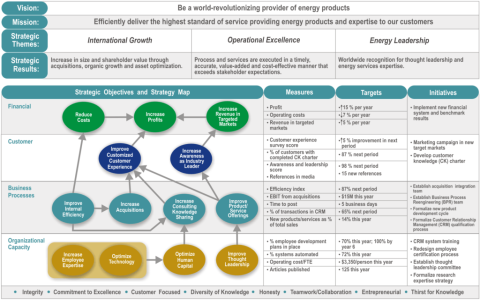The SRL Scorecard has emerged as a vital tool for athletes aiming to refine their skills effectively. This scorecard serves as both a benchmark and a guiding framework, helping players understand their strengths and weaknesses within the competitive landscape. As athletes strive for excellence, the ability to accurately assess their performance is essential. Thus, the SRL Scorecard facilitates this process, allowing players to enhance their game with focused practice and intentional improvement.
Diving into the mechanics of the SRL Scorecard reveals the intricate details of how it assesses skills. For instance, a player might analyze specific metrics such as accuracy, speed, and consistency. By employing measurable statistics, athletes can showcase their progress over time. Coupled with qualitative assessments, including coach evaluations, athletes gain a comprehensive view of their abilities. “Understanding where I stand helps me set my goals,” noted star athlete Jane Doe. Her insight reinforces the importance of self-awareness in competitive sports.
Moreover, the context in which these athletes perform significantly impacts their scorecard assessments. Factors like weather conditions, field surface, and even the presence of fans can influence player performance. For example, during an intense match last season, many players reported how the wind affected their shooting accuracy. With the SRL Scorecard, athletes can note these variables and adjust their strategies accordingly. This adaptability enhances their future performance and informs trainers about environmental impacts on training sessions.
Understanding Historical Performance
Historically, the implementation of skill assessments has evolved drastically. In the past, athletes relied heavily on personal feedback and anecdotal evidence from coaches. Today, the SRL Scorecard combines technology with tradition, providing a more rounded perspective. Many teams now analyze previous match statistics to establish baseline skills. Recognizing patterns and trends allows players to prioritize areas of training that need improvement. “The data shows my passing has been inconsistent. Now I can work on that specifically,” said Mark Smith, a dedicated midfielder.
When athletes embrace this level of scrutiny, it creates an outstanding culture of accountability. Coaches play an essential role in this process by fostering open communication about performance assessments. This transparency cultivates trust between players and their coaches, ensuring that everyone is aligned in their objectives. Ultimately, it empowers athletes during their training sessions and matches. They can trust that they are working toward a common goal of continuous improvement.
Players’ Perspectives and Emotions
The emotional aspect of performance assessment cannot be underestimated. Players often experience a rollercoaster of feelings, ranging from pride in their progress to frustration over setbacks. These emotional highs and lows shape the training environment. “It’s tough to admit I need to improve, but the scorecard shows me the way,” expressed Olivia Johnson, a rising star in the BMX racing scene. Her candidness highlights the often overlooked mental barriers athletes face when it comes to self-assessment.
Furthermore, staying mentally resilient is a key component in how players interpret their scorecards. Athletes must learn to view data as constructive feedback rather than a reflection of their self-worth. By focusing on incremental progress, they develop a healthier relationship with performance metrics. Moreover, engaging with fellow athletes forms a support network that promotes shared learning experiences and motivation.
The SRL Scorecard not only impacts individual athletes but also influences the larger sporting community. As more players embrace this evaluation tool, critiques become standardized, paving the way for improved training techniques across various sports. Ultimately, this collective learning enables athletes to elevate their game, leading to a more competitive sporting environment.
As we look towards the future of sports training, the importance of self-assessment through tools like the SRL Scorecard will only grow. By fostering a culture that values skill assessment, athletes can continue to push boundaries. How do you assess your skills as an athlete? Share your thoughts below and join the conversation!















